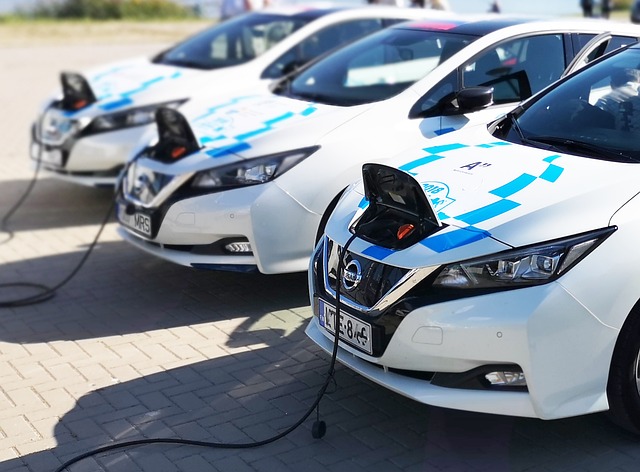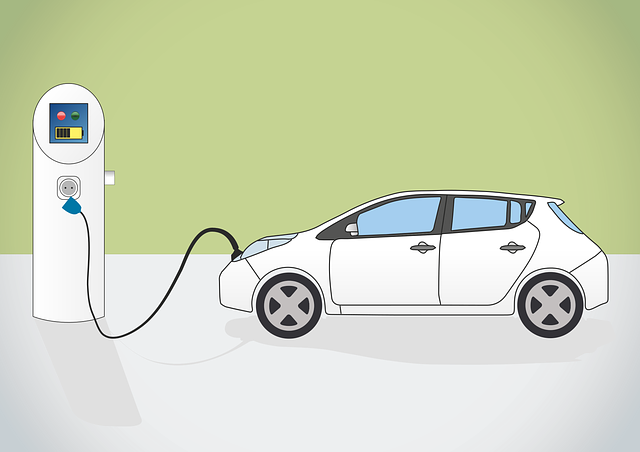As electric vehicles (EVs) become increasingly popular, the availability of convenient and accessible charging solutions is crucial for their widespread adoption. Charging at home has emerged as a convenient and cost-effective option for EV owners, allowing them to charge their vehicles overnight or during periods of low demand. In this article, we will explore the residential charging solutions available for electric vehicles and discuss the benefits they offer to EV owners.
Level 1 Charging: Level 1 charging is the most basic and widely available residential charging solution. It involves plugging the electric vehicle into a standard 120-volt household outlet using the EV’s included charging cord. Level 1 charging is relatively slow, typically providing around 3 to 5 miles of range per hour of charging. While it may not be suitable for EV owners with high daily driving requirements, it is a convenient and affordable option for those with shorter commutes or access to other charging options during the day.
Level 2 Charging: Level 2 charging provides faster charging speeds compared to Level 1 charging, making it the preferred choice for many EV owners. Level 2 charging stations require a dedicated 240-volt circuit and a charging station installed at home. These charging stations can deliver anywhere from 10 to 60 miles of range per hour of charging, depending on the vehicle and the charging station’s power rating. Level 2 charging stations offer greater convenience and flexibility for EV owners, enabling them to charge their vehicles overnight or during off-peak hours, ensuring the vehicle is ready for daily use.

Home Charging Station Installation: To take advantage of Level 2 charging, EV owners can install a dedicated home charging station. Home charging stations are specifically designed for EV charging, providing faster and safer charging compared to using a standard outlet. These stations are professionally installed by certified electricians, ensuring compliance with local electrical codes and safety standards. Home charging stations offer various features, such as adjustable power levels, charging timers, and smartphone connectivity, enhancing the charging experience and allowing for better control and monitoring of the charging process.
Cost Savings: Charging an electric vehicle at home can result in significant cost savings compared to relying on public charging networks. Electricity rates for residential charging are often lower, particularly during off-peak hours. By taking advantage of time-of-use rates and charging overnight, EV owners can minimize their charging costs. Additionally, home charging eliminates the need to pay for public charging sessions, reducing overall operating costs and improving the cost-effectiveness of owning an electric vehicle.
Convenience and Accessibility: Home charging offers unmatched convenience and accessibility for EV owners. With a home charging station, EV owners have the freedom to charge their vehicles whenever they need to, without relying on external charging stations. They can simply plug in their EVs at night or when the vehicle is not in use, ensuring a full charge for the next day’s activities. This eliminates the need to make detours to find charging stations or wait for a vacant charging spot, providing EV owners with greater peace of mind and flexibility.

Environmental Sustainability: Charging electric vehicles at home contributes to the overall environmental sustainability of EVs. By charging at home, EV owners have the opportunity to utilize renewable energy sources, such as solar power, to charge their vehicles. This reduces reliance on fossil fuels and decreases greenhouse gas emissions associated with electricity generation. Home charging allows EV owners to align their charging practices with their sustainability goals, making a positive impact on the environment.
Vehicle Health and Battery Management: Home charging allows for better vehicle health and battery management. Regularly charging at home ensures that the vehicle’s battery remains at an optimal state of charge, maximizing its longevity and performance. Moreover, home charging allows EV owners to implement charging habits that align with best practices, such as avoiding frequent fast charging, which can cause accelerated battery degradation. By controlling the charging process at home, EV owners can effectively manage their vehicle’s battery health and ensure long-term reliability.
Conclusion:
Charging electric vehicles at home provides EV owners with numerous benefits, including cost savings, convenience, accessibility, and environmental sustainability. With the availability of Level 1 and Level 2 charging options, along with the installation of dedicated home charging stations, EV owners can easily and efficiently charge their vehicles overnight or during off-peak hours. Residential charging solutions not only enhance the overall ownership experience but also contribute to the long-term success of electric vehicles by enabling widespread adoption and reducing reliance on fossil fuels.
